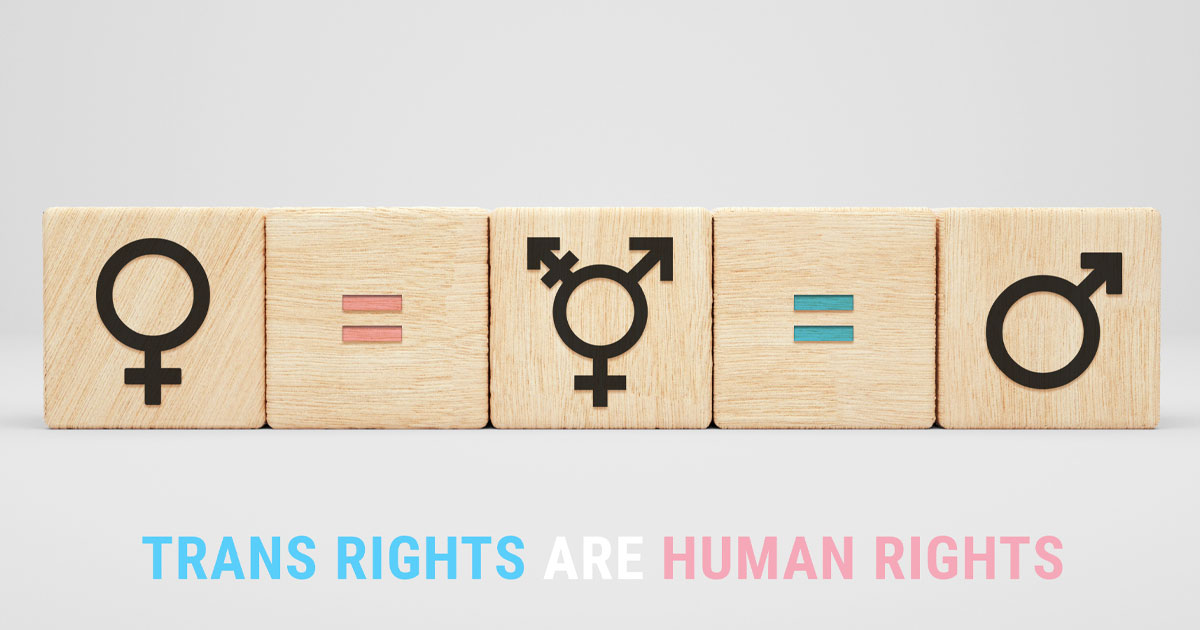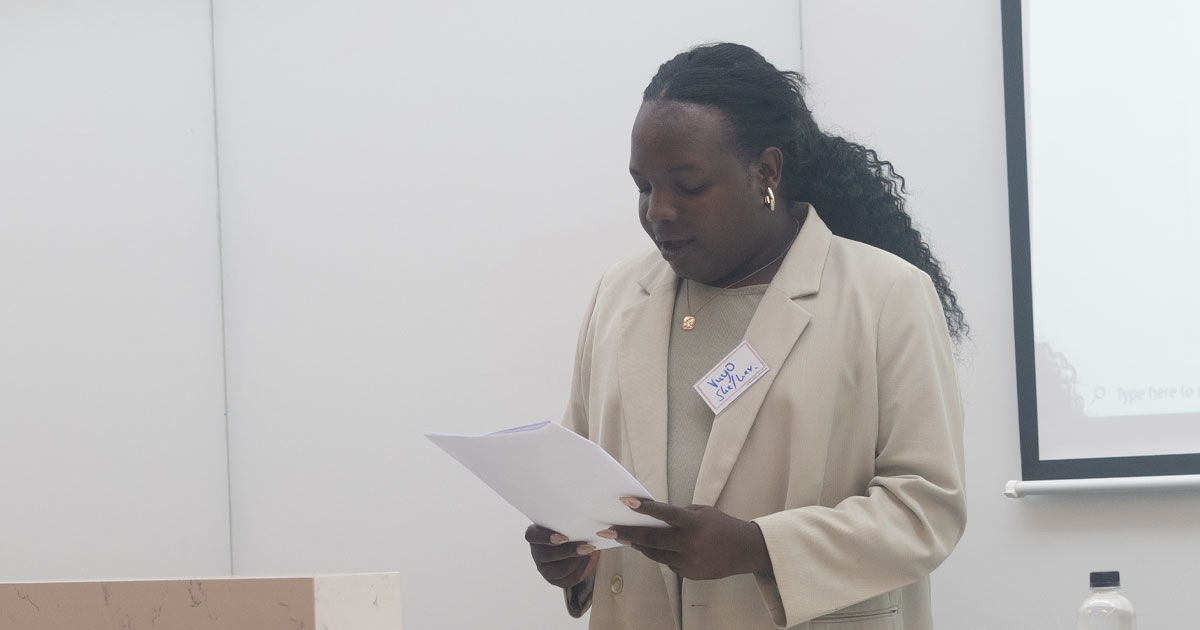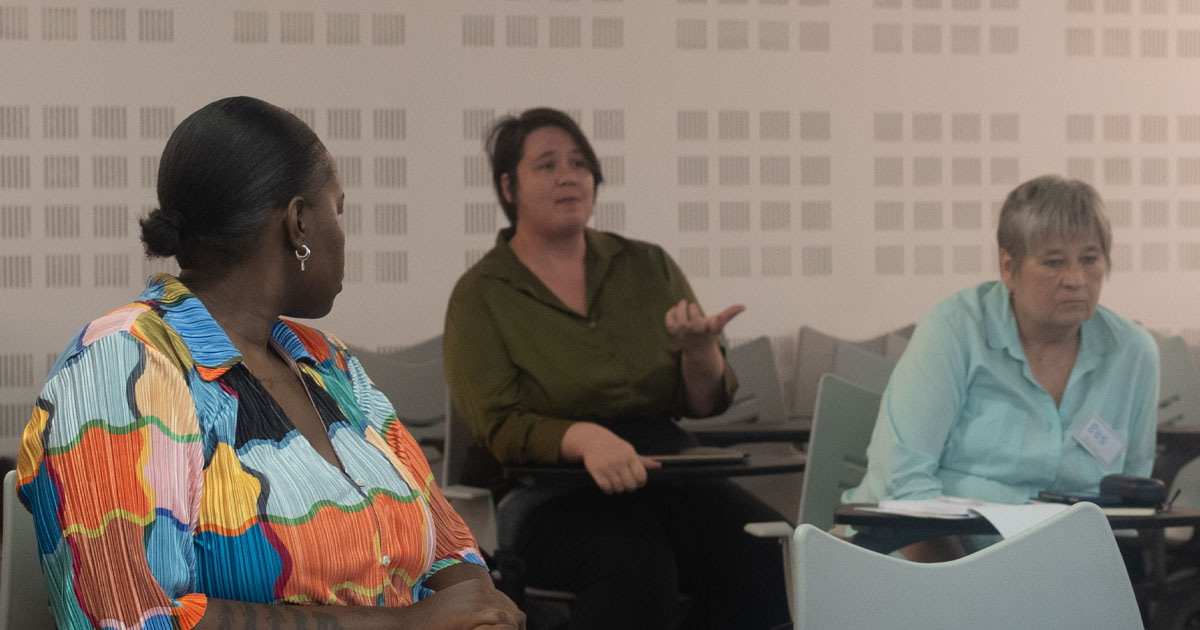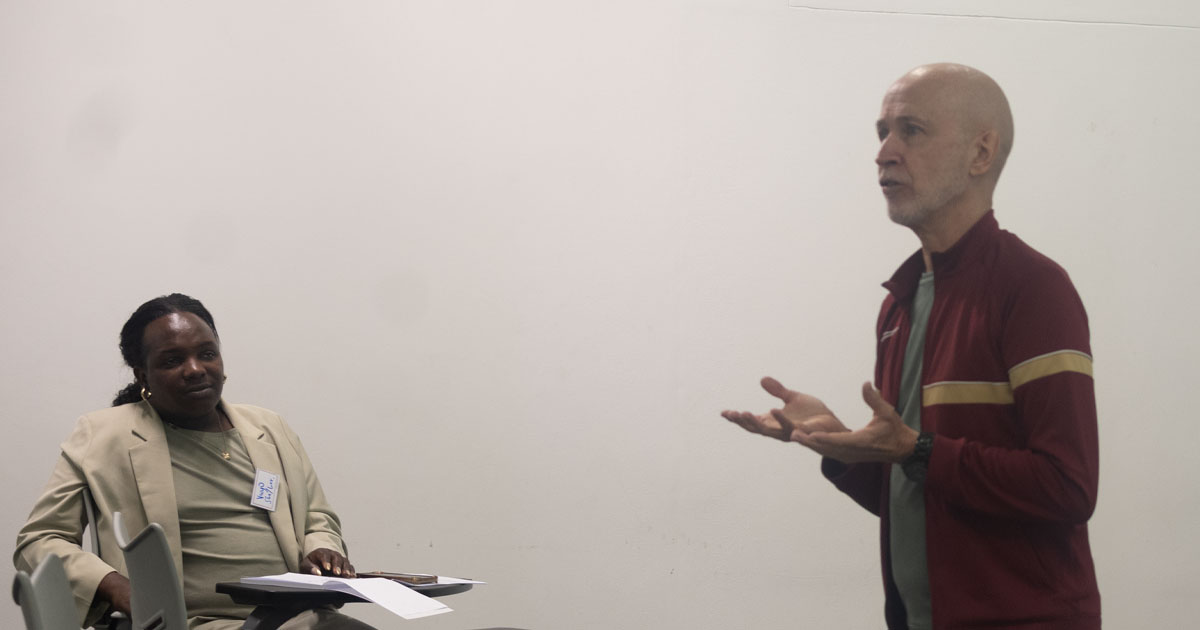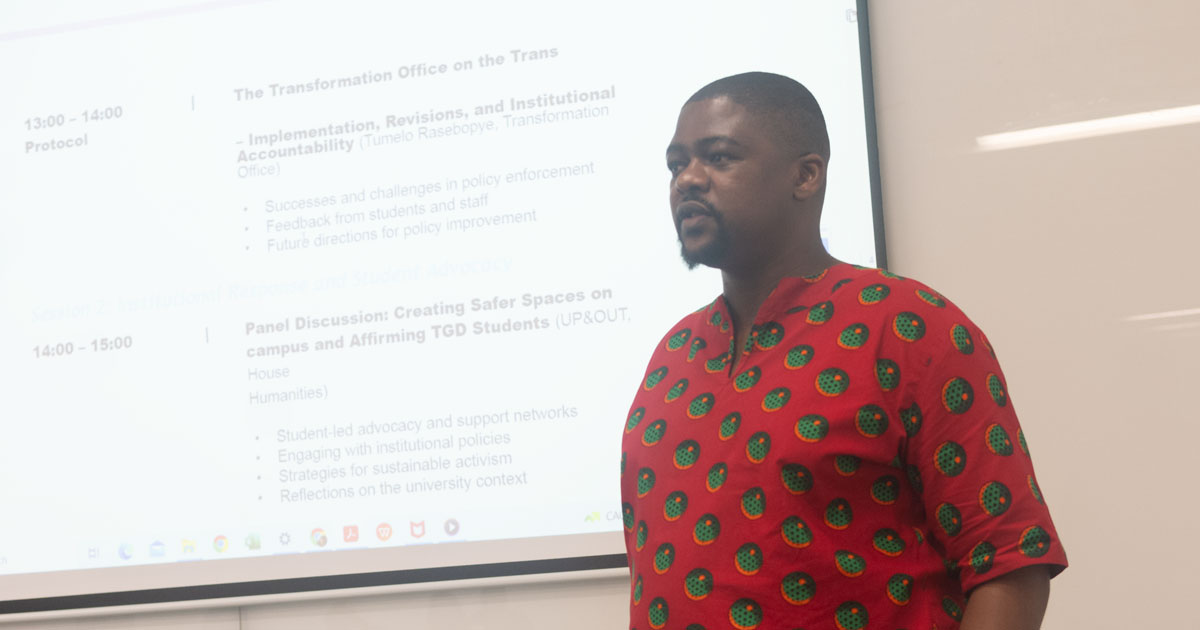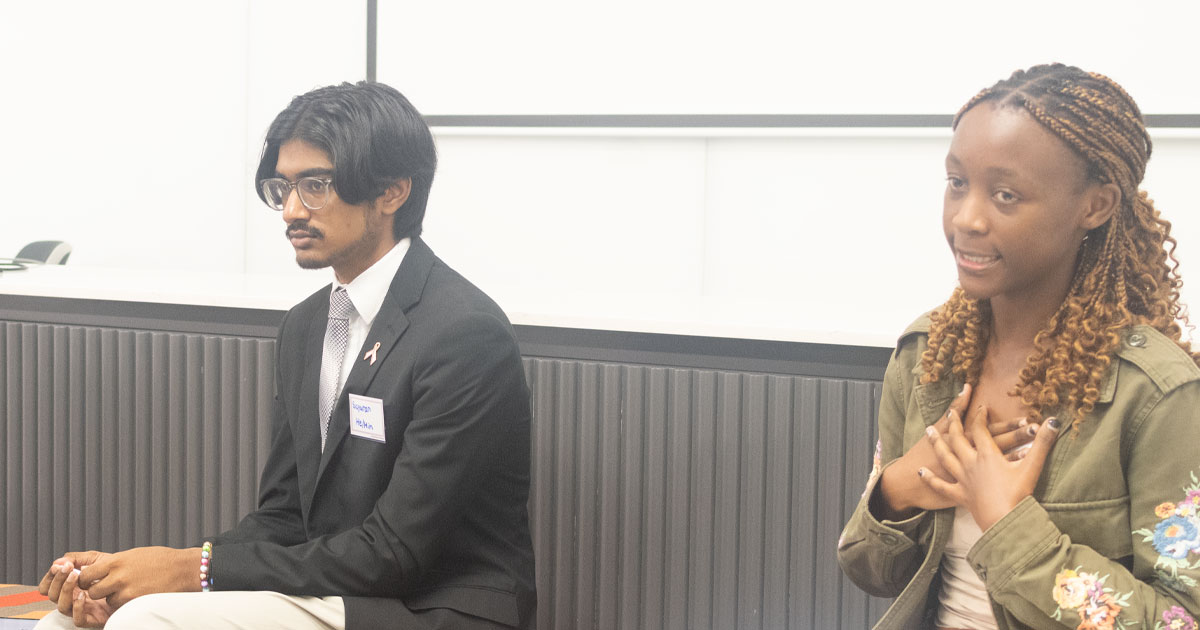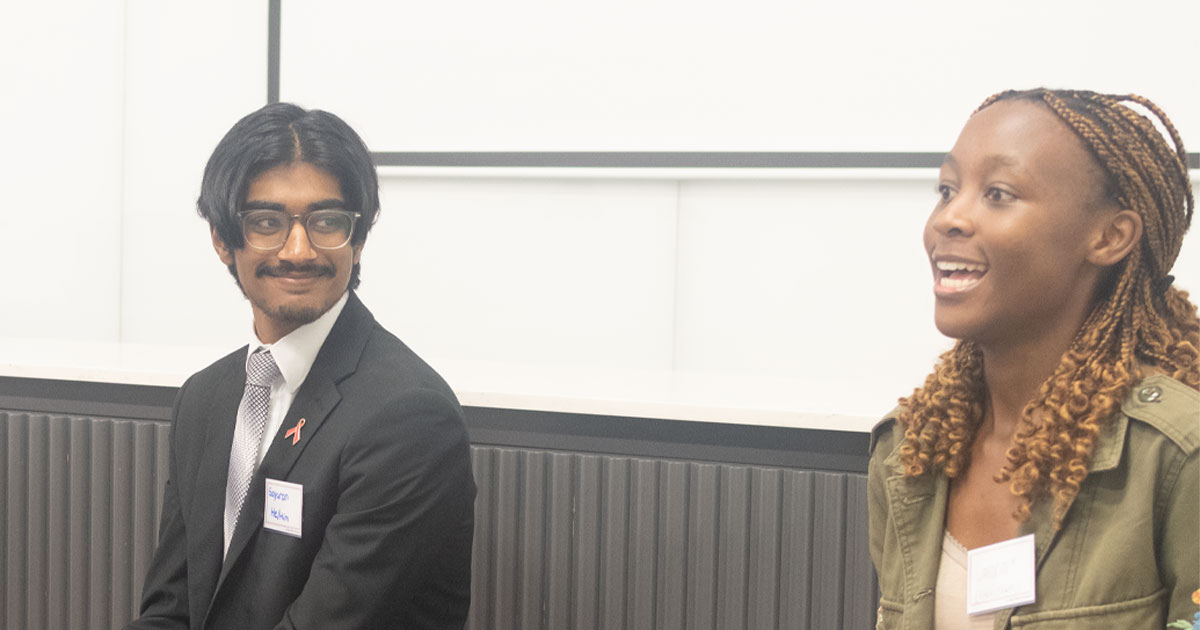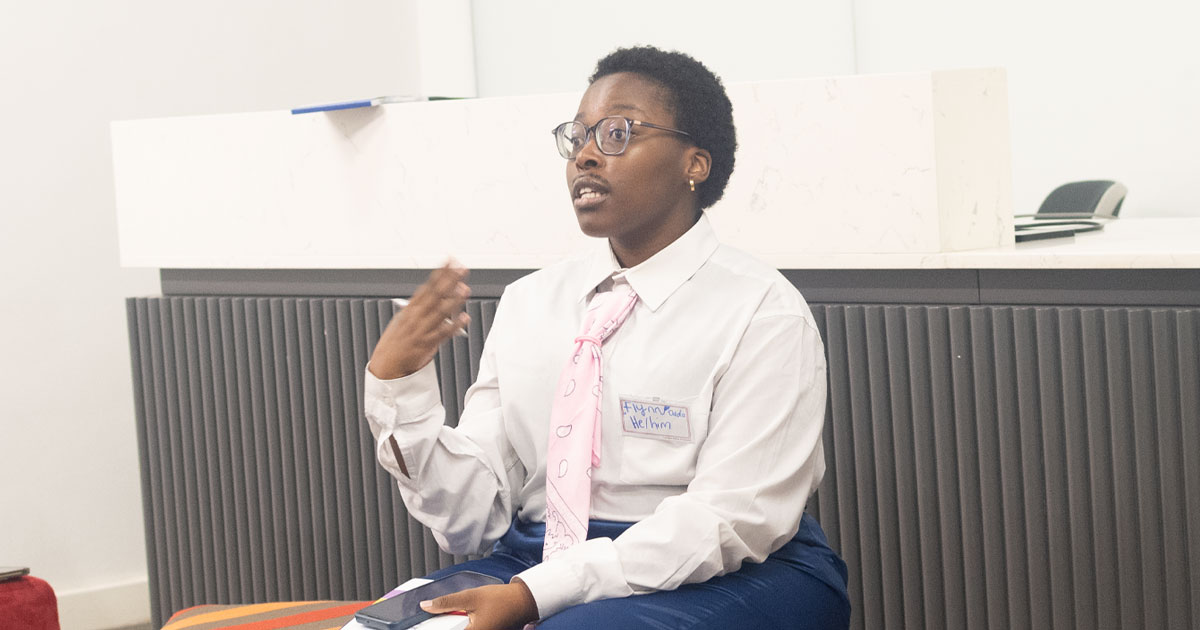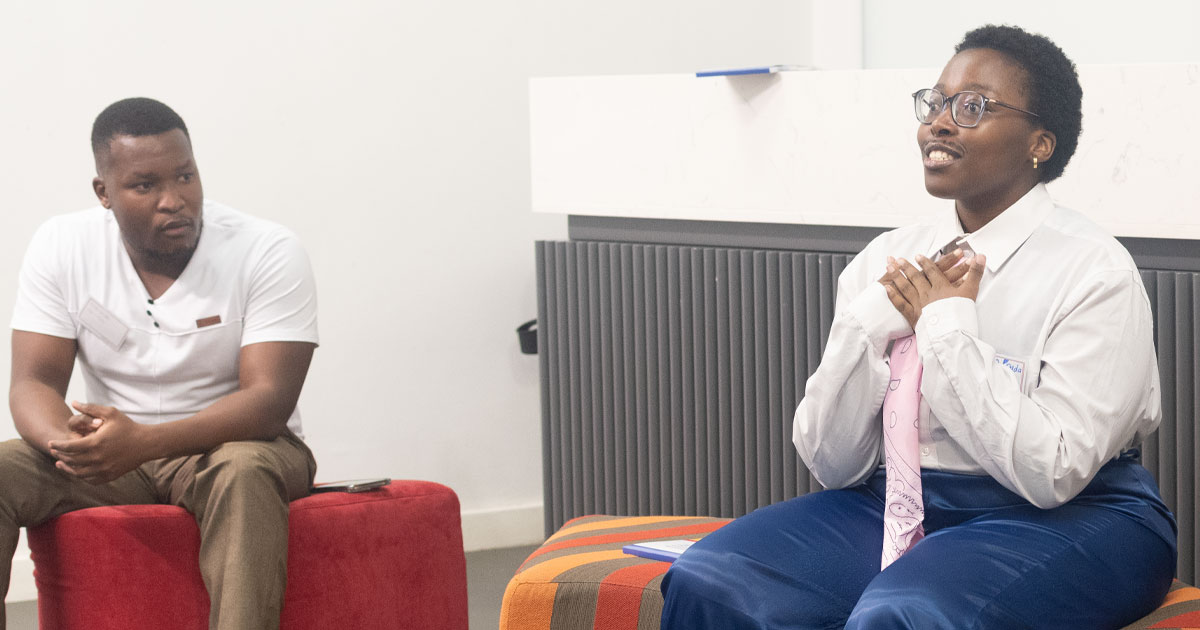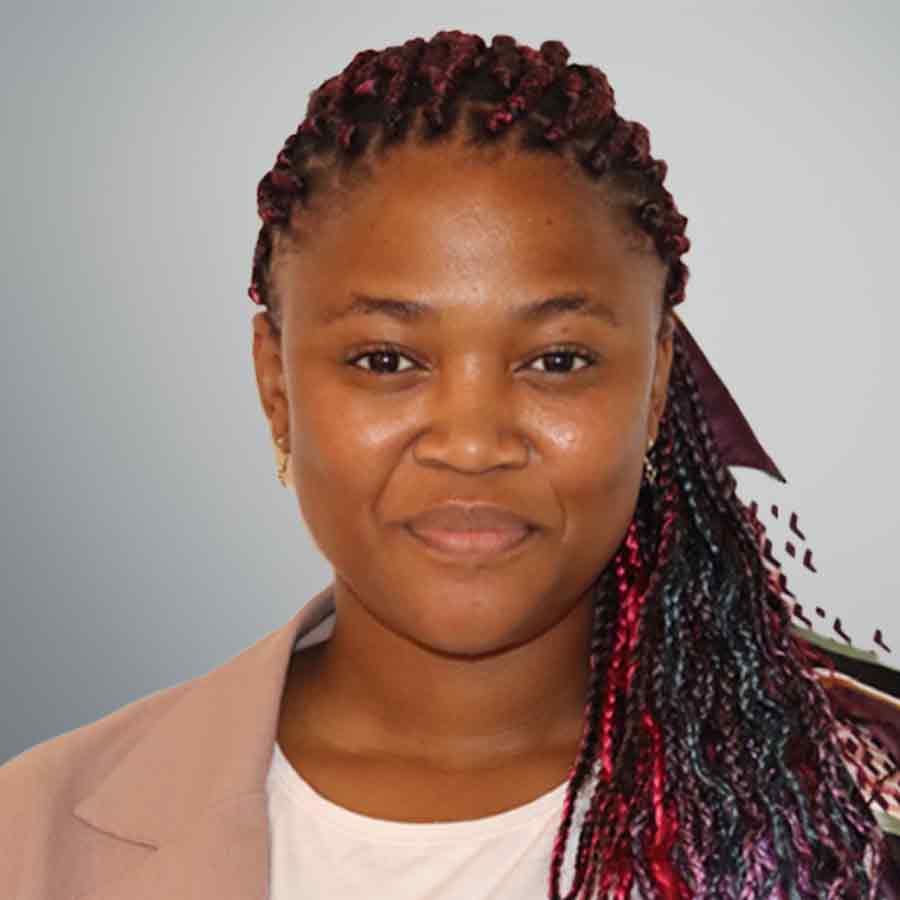The Centre for Human Rights, Faculty of Law, University of Pretoria (Centre), proudly observed Trans Day of Visibility (TDOV) 2025 on 31 March with a commemorative event. The event focused on unpacking the University of Pretoria Trans Protocol in conversation with the socio-political discourse on trans rights and identities in broader society and within university spaces. Held at the Akanyang building—an inclusive learning space with gender-neutral ablution facilities—the event brought together staff, students, activists, and key partners involved in campus transformation and inclusion. The day was defined by discussions, knowledge-sharing, and reflections on the realities faced by trans and gender-diverse individuals in South African universities and society.
The programme opened with a welcome address by Chanel van der Linde, Acting Manager of the Centre’s Sexual Orientation Gender Identity and Expression and Sex Characteristics (SOGIESC) Unit, who provided background on TDOV and highlighted the Centre’s ongoing initiatives, such as the Equality Courts project; which is a project that aims to enhance awareness and confidence in utilising the South African Equality Courts to address unfair discrimination. Following this, a video message of solidarity from the European Union reinforced the critical partnership between the Centre and the EU in advancing access to justice for trans and gender-diverse persons. The EU’s support for Equality Courts Trainings plays a vital role in fostering recourse for unfair discrimination based on gender identity and sexual orientation.
A highlight of the event was the keynote address by Vuyo Mbutho, a human rights activist with extensive experience advocating for trans rights within South Africa’s civil society. Mbutho shared her personal journey as a trans student navigating the higher education system and the challenges she faced, particularly within university residence accommodations. Her keynote began with a tribute to victims of sexual and gender-based violence and hate crimes, along with the recent murder or Imam Hendricks. Mbutho also explored how societal structures, including university residences, often fail to meet the needs of trans and gender-diverse students because they do not have a deep understanding of the challenges that trans students face. She also examined the difficulties of engaging institutional leadership as well as possible strategies to bridge student activism with national advocacy efforts. Her address underscored the urgency of implementing trans-inclusive policies to affirm and protect trans individuals, who remain marginalised in society. Mbutho further reflected on her experiences seeking recourse for unfair discrimination based on gender identity through the Equality Courts. The audience engagement session provided firsthand insights into the effectiveness of these legal mechanisms in promoting equality and preventing discrimination, alongside an exploration of the Promotion of Equality and Prevention of Unfair Discrimination Act (PEPUDA).
A significant moment of the day was the screening of the UP Trans Protocol video, a collaborative initiative between the Centre for Human Rights (CHR) and the Centre for Sexualities, AIDS and Gender (CSA&G). The video showcased institutional efforts to create a safer and more affirming environment for trans and gender-diverse students at the University of Pretoria, aligning with the Trans Protocol’s objectives.
As we commemorate another Trans Day of Visibility, the Centre for Human Rights reaffirms its commitment to ensuring that trans and gender-diverse individuals can live openly, safely, and with dignity. The University of Pretoria’s Trans Protocol represents an important step toward fostering inclusivity, at the same time, continued efforts are needed to counter misinformation, eliminate discrimination, and establish truly affirming spaces for all gender identities. Key takeaways from the day’s discussions emphasised the necessity of standing firm against ideological purity, particularly in the face of anti-rights movements which seek to further erase and invisibilise trans persons from the fabric of society.
The Centre acknowledges the invaluable contributions of various stakeholders and institutions working to advance trans rights. It further calls on university leadership, policymakers, and the broader community to implement policies that respect and protect trans persons, be they in workplaces, health care settings or primary, secondary and tertiary higher education institutions.
The Centre extends its gratitude to all those who contributed to the success of this event, including the speakers and attendees, and further expresses its appreciation to the European Union for its financial support.
For more information on the UP Trans Protocol and the Equality Courts, please contact:

Tel: +27 (0) 12 420 3151
ch.vanderlinde@up.ac.za
